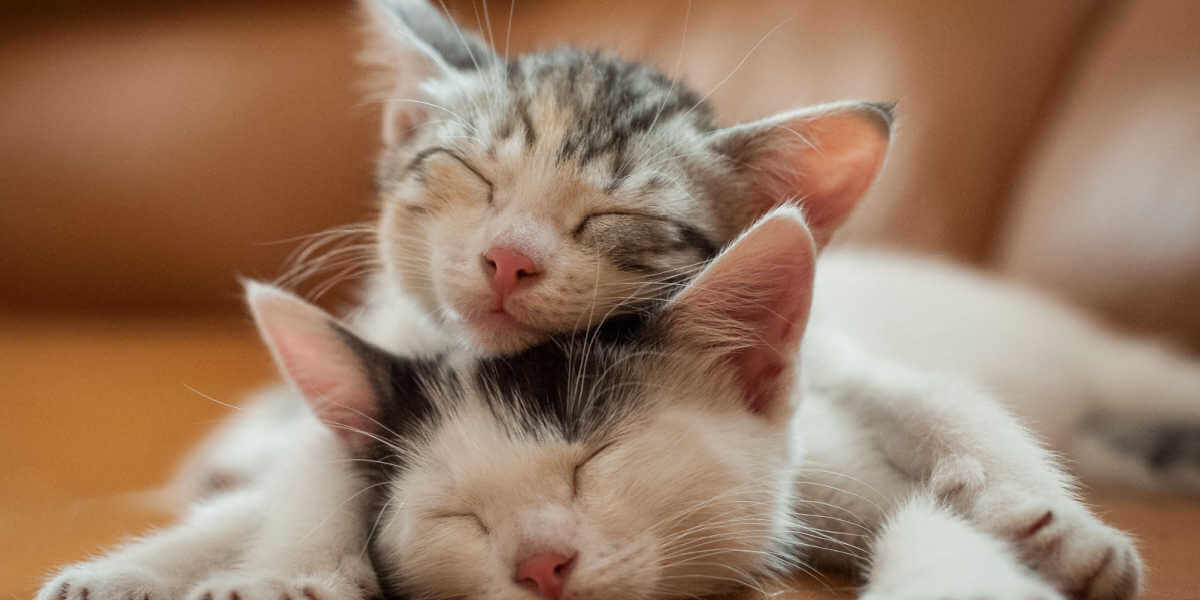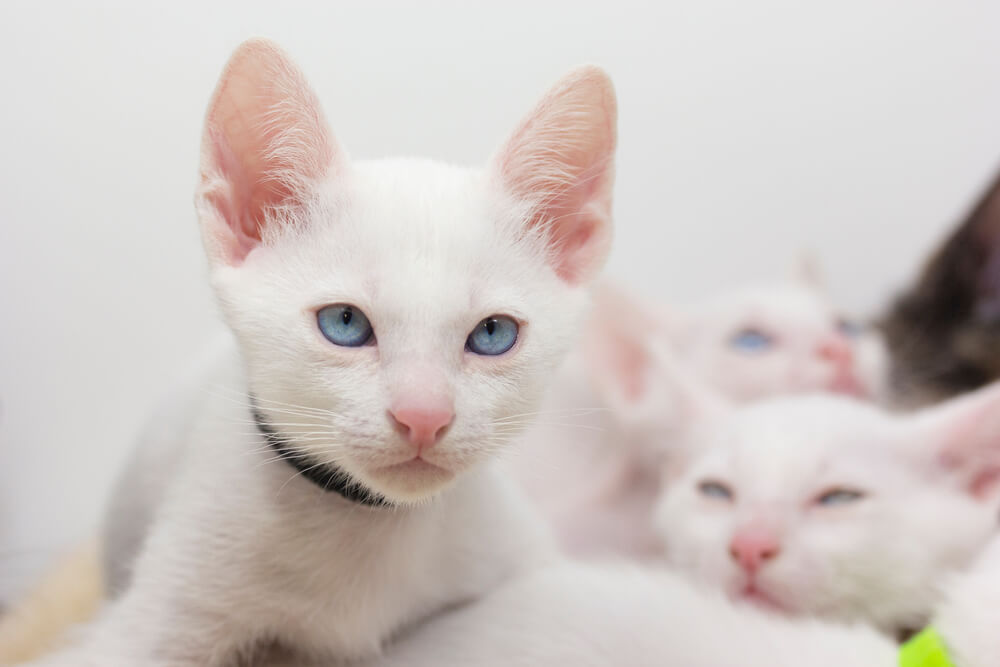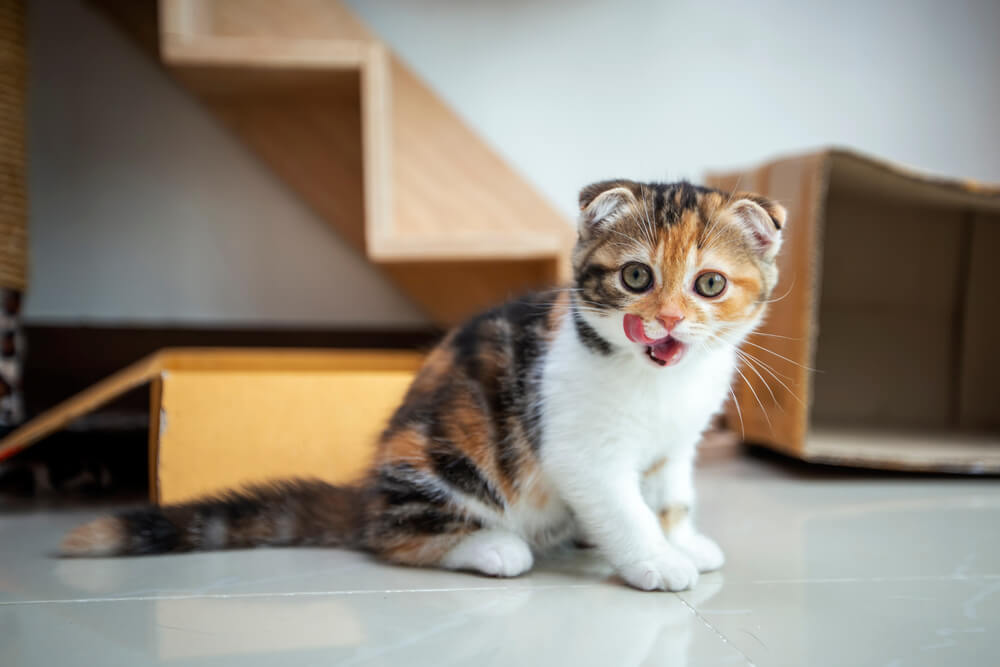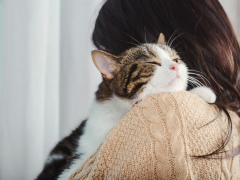
When you bring home a new cat or new kitten, it’s a really happy and exciting time. After all, you’ll be welcoming a new furry member of the family into your home, getting to know them, caring for them, and developing your bond. But what about your gorgeous and mischievous kitten’s previous life?
Cats will remember another cat’s scent for a year or even longer. Kittens may need a few days to a week to settle with their new family in their new home and adjust to the loss of their mother and siblings Cats may grieve for up to six months after losing a bonded family member or companion.Key Takeaways
If you take on a kitten, they’ll likely have been spending all their time with their mother and cat siblings before you collect them. So, do cats remember their siblings? Do they miss them?
Cats can retain the memory of other cats through scent recognition. Kittens seem to adjust quickly to leaving the litter, but older cats may take longer to adapt if separated from a bonded sibling. Read on to find out more!
Do Cats Remember Their Siblings?
Young kittens will remember their siblings for some time after leaving their littermates, in fact, cats will remember any cat, relative or not, for a while. This is because as well as their bond with their siblings and mother, cats also remember their familiar scent.
Even after their attachment has moved to you and your family, they would recognize their sibling’s scent if they came across it. It’s not clear exactly how long a cat can retain the knowledge of another cat’s scent, but it’s likely to be a year or more. If you have other questions about a cat’s memory, check out How long do cats remember other cats? and Do cats remember being abandoned?
Do Cats Get Sad When Their Siblings Leave?
There is always a period of adjustment when kittens are re-homed and leave their siblings and mother for the first time. Initially, your kitten may seem frightened, apprehensive, or withdrawn, and they may not eat, drink, or play as much as they normally would for a few days, as they adjust to life in a new home with their new family.
They might even seem a little sad or meow a lot when left alone. Don’t worry, though, this settling-in period will be over before you know it and your bundle of fluff will find their feet in their new home. Many kittens take to moving homes and leaving their littermates in their stride, remaining quite confident and mischievous from the moment you bring them through the front door!
How Long Do Cats Miss Their Siblings?
1. Kittens

Kittens adjust rapidly to being away from their family members.
If kitten siblings are separated at two or three months old, they’re unlikely to show any particular signs of missing each other after a few days or a week. Once they meet their new family, they form their new bonds and leave the old ones behind. While they’ll still remember their family, and specifically their family’s scent, for a long time, it doesn’t seem to impact them negatively or make them sad.
2. Cats
On the other hand, littermates who are together and bonded for longer than the first two or three months will form stronger attachments. Adult cats leaving a littermate after a year or more together will have a more obvious impact, especially if they were inseparable, loyal companions with a close bond While this will likely still be temporary, you could expect your cat to be out of sorts and show signs of missing their brother or sister for up to six months.
How Can You Help Your New Kitten Settle In?
If you’ve brought home a new kitten, try to keep in mind that they’re leaving their family behind and going to a completely new environment. Handling should be gradual and gentle, and shouting or other loud noises should be kept to a minimum.
If you have young children, it’s a good idea to spend time chatting with them before the new kitten arrives to help them understand how the kitten might be feeling and why they need to be extra calm and quiet around the new addition.
If you can, giving the breeder an item of your clothing or something else that carries your scent to place near your kitten for a week or so before you collect them will help the transition to go more smoothly. You could also take something home with you that smells like the mother or siblings, although this may confuse your kitten rather than comforting them.
It’s a good idea to keep as much as you can the same for your kitten during the first days and weeks at their new home. Feed them the same food that the breeder or their previous caregivers used and use the same cat litter and litter box. It might seem like a lot of preparation, but the more you do to help your kitten feel settled, the quicker they’ll be enjoying life, and so will you!
Do Cats Mourn the Loss of Other Cats?

Cats can form strong social bonds, which can make it difficult for them to adapt to the loss of a companion.
Of course, cats experience other forms of loss, not just leaving their mother and siblings behind. They may lose their long-term feline housemate and best friend, or even members of their human family. Depending on how close a cat is to the person or cat that they’ve lost and whether they’ve spent a lot of time together, their behavior will often change, just as a human’s behavior would if they were grieving.
If your cat has lost a loved one, be that human or feline, you might expect them to be more subdued, less active, and less interested in interaction. They might even go off their food, lose a little weight, or develop signs of stress or separation anxiety. Support them with extra TLC, encourage them to eat and spend plenty of time with them.
However, if you’re concerned about your cat’s behavior and you’re not sure whether it’s grief or an underlying health problem, get them checked by a veterinarian to be safe.
Summary
Cat owners might think it’s a bit odd that a kitten gets taken away from the mother cat and the rest of their family and moves on with a new family as if nothing has happened. However, this is a big event for a kitten, and they do often show a period of adjustment for a few days after leaving their siblings and mom. Older cats who’ve had time to form strong bonds with siblings or companions will often show more obvious signs of grief or stress if their brother, sister, or friend is lost.
It’s important not to assume that your cat’s behavioral issues are due to grieving or missing a companion that’s passed away, though, as there are lots of possible causes.
Also Read: Do Cats Have Feelings For Their Owners?
Frequently Asked Questions
Will a cat remember its siblings?
Sibling cats will remember each other for a while, especially via their unique scent. So, while it's unlikely that they would be thinking about their brother or sister regularly, if they bumped into their sibling or their scent they would recognize it even a year or more later.
How do you know if cats miss each other?
When cats are grieving the loss of their feline friend, or missing their cat companion in their absence, they might eat less or behave differently by being less active or less interested in human interaction.
Do cats remember their siblings after two months?
Your cat won’t be constantly thinking about their siblings after two months, but they’ll still know their scent.








My cat lost his brother from a tick,
he meows a lot, how long does it take for him to forget?
Hi Lynda,
Cats grieving the loss of a companion may meow more and show signs of distress for weeks to several months, but with comfort, routine, and attention, most adjust over time.